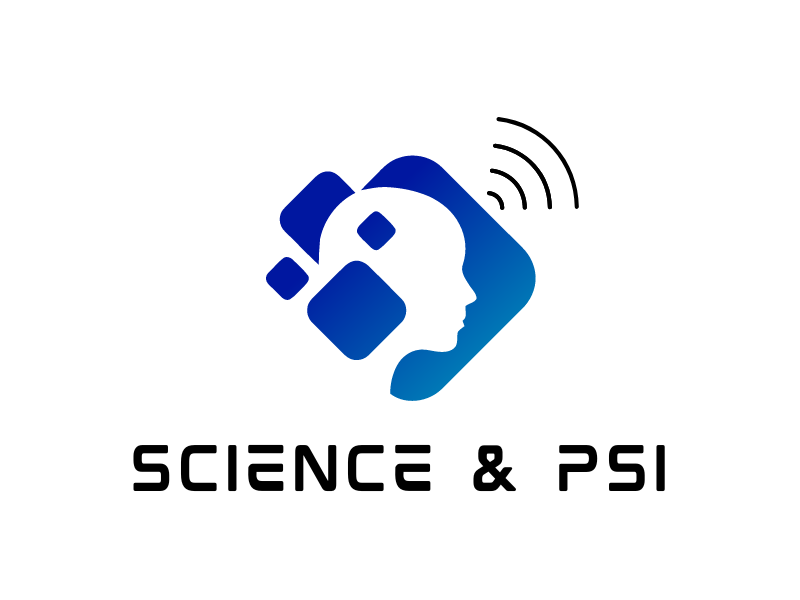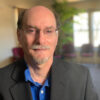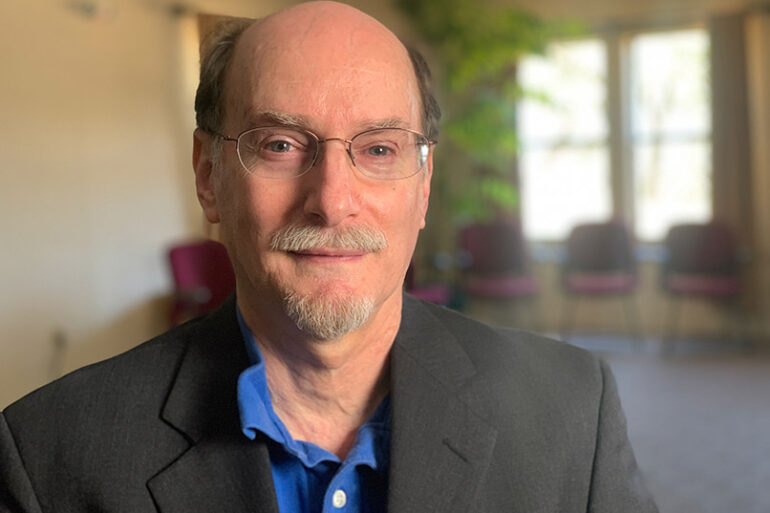The important thing is not to stop questioning. Curiosity has its own reason for existence. One cannot help but be in awe when he contemplates the mysteries of eternity, of life, of the marvelous structure of reality. It is enough if one tries merely to comprehend a little of this mystery each day. – Albert Einstein
Retrocausality, often referred to as retroactive causation or backward causation, is a concept in the realm of theoretical physics and philosophy of time that challenges the conventional notion of cause and effect. Unlike the familiar forward causality, where a cause precedes its effect in time, retrocausality suggests that an effect can influence its cause, occurring before it in time.
In simpler terms, retrocausality proposes that events in the future can influence events in the past. This notion challenges our intuitive understanding of the arrow of time and has been the subject of theoretical exploration in the context of quantum mechanics, where some interpretations suggest that certain quantum phenomena might exhibit retrocausal behavior.
It’s essential to note that retrocausality remains a highly speculative and controversial concept in both physics and philosophy, with no conclusive experimental evidence to support it. Many physicists and philosophers continue to debate its implications.
Dr. Patricia Cyrus & Dr. Daniel Sheehan Taking Time Seriously
In this video, Daniel and Patricia delve into the physics of time and experiments challenging our understanding. They discuss precognition explanations, including retro-causation, the transactional model, and quantum mechanics interpretations. Follow the Parapsychological Association on YouTube for more content
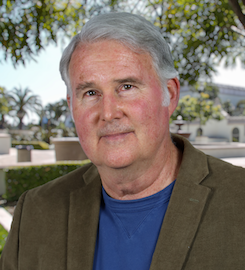
Daniel Sheehan, professor of Physics at the University of San Diego since 1989. His research interests include the second law of thermodynamics, retro-causation, nanotechnology, planetary formation, and plasma physics.
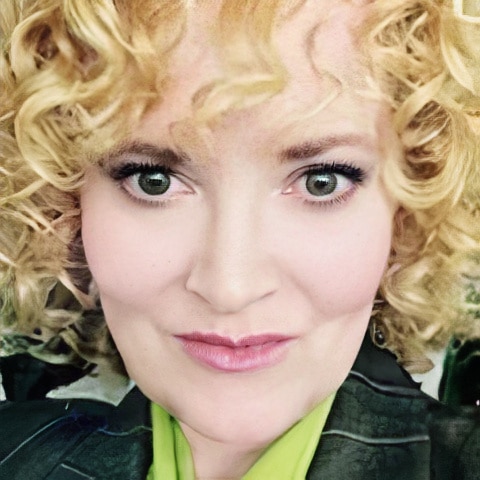
Patricia Cyrus Physics and Biophysics Research Associate University of San Diego – Academia.edu
.
